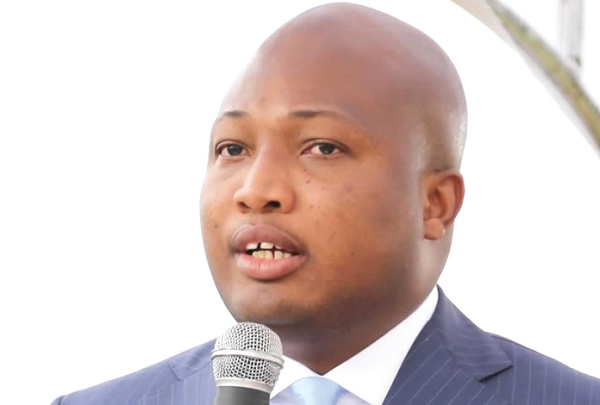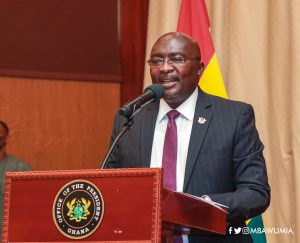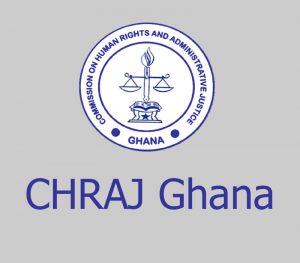The Member of Parliament for North Tongu, Samuel Okudzeto Ablakwa has cautioned government against the implementation of the controversial electronic transfer levy, popularly known as E-levy, while a case against it is pending at the Supreme Court.
The Minority in Parliament on Tuesday, April 19, 2022, filed an injunction application at the Supreme Court in Accra against the implementation of the levy, which was supposed to take effect in May 2022.
The court has scheduled the hearing of the case for May 4, 2022.
The North Tongu legislator on Eyewitness News defended the move by the Minority Caucus.
“The substantive case which we filed on the 30th of March has not been heard yet, and we do not want to sit unconcerned when government intends to go ahead and implement the unconstitutional levy, by which time irreparable harm would have been done.”
“Once we have filed this application and served the parties, I have been advised by my lawyers that it serves as a stay, and government cannot go ahead to implement the levy,” he added.
He thus cautioned government to tread cautiously as it stands to be in “Contempt of the Supreme Court” should it go ahead and implement the E-Levy on May 1, 2022, while the substantive case is yet to be determined.
Parliament passed the bill on Tuesday, March 29, 2022, in the absence of the Minority MPs, who had walked out before the Bill was considered at the second reading stage.
The levy, which was amended from 1.75 percent to 1.5 percent on Tuesday, March 29, 2022, will be a tax on electronic transactions, which includes mobile-money payments.
The charge will apply to electronic transactions that are more than GH¢100 on a daily basis.
Critics of the proposal have warned that this new levy will negatively impact the Fintech space, as well as hurt low-income people and those outside the formal banking sector.
Government has, however, argued the levy would widen the tax net and that could raise an extra GH¢6.9 billion in 2022.







